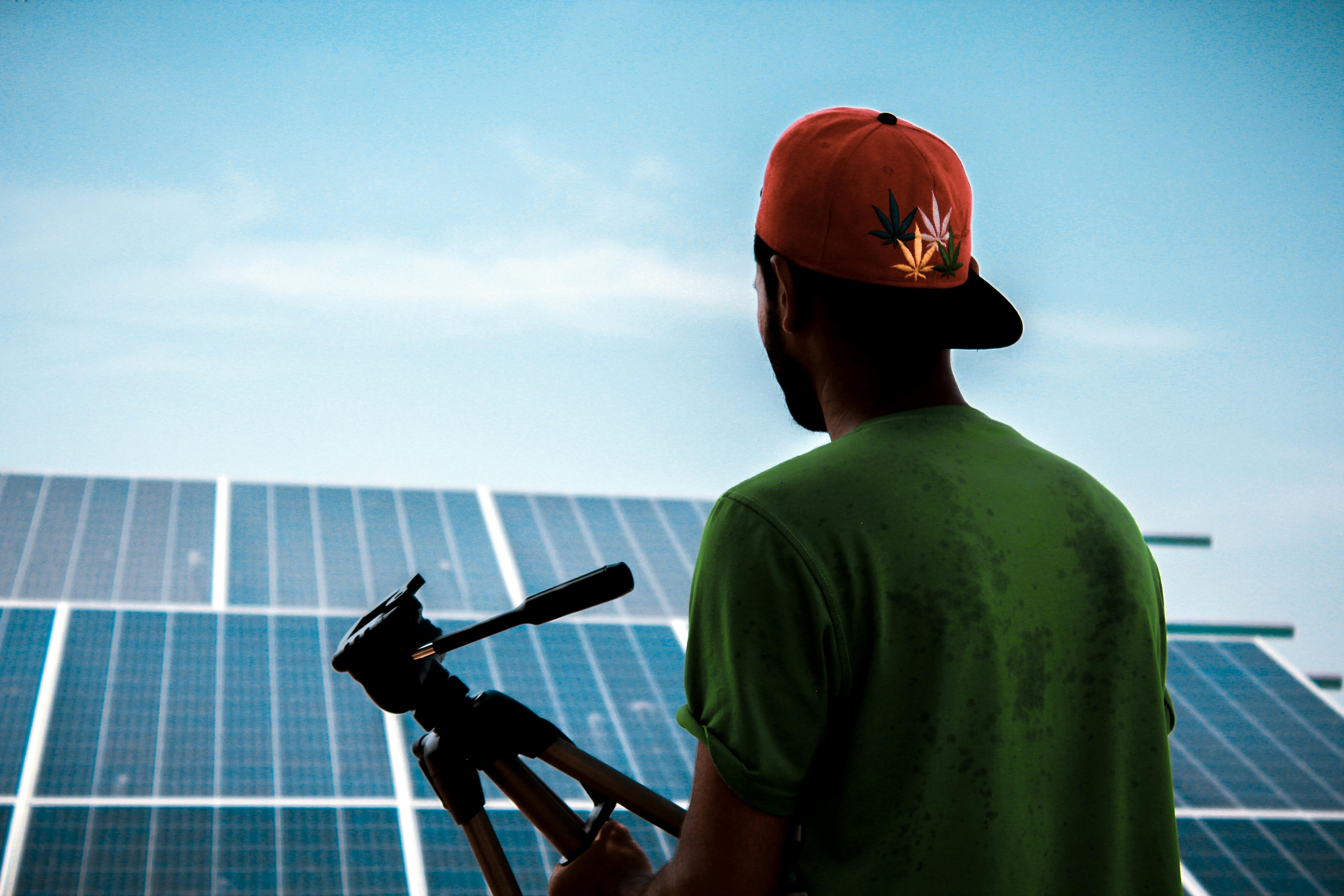Read Time : 1 Minutes
Planning permission for Hydroelectricity
Unlike other renewable energy and heat installations, such as solar PV, solar thermal and heat pumps, hydroelectricity schemes do not benefit from ‘permitted development’ rights, which means that obtaining planning permission will always be necessary for every proposed installation. This is due to the scale of hydro systems, which all involve significant building work (though to varying degrees) and can pose a significant environmental and aesthetic impact.
COMPARE PRICES FROM LOCAL INSTALLERS
Compare prices from local companies fast & free
Enter your postcode to compare quotes from leading professionals. We promise to keep your information Safe & Secure. Privacy Policy
The planning process can be long and complex, so it is advisable to start it as soon as possible. Local planning authorities will need to see a range of documents before they grant permission for the development of a hydropower system. These may include:
- system plans
- a design and access statement (DAS), which explain the thought process behind the application and how it will fit into the local landscape and benefit the local population
- information on access for works vehicles
- a flood risk assessment
- an indication of the visual impact of the system on its surroundings
- details of likely system output and physical size
This is an indicative list; other documentation will almost certainly be required. A draft of the Environment Agency’s new Good Practice Guide, which includes information on planning permission is available. When considering your application, your local planning office is also obliged to consult the Environment Agency, and the final decision must be approved by both bodies.
Depending on the size and nature of the hydro project, the local authority will consult with the local population and other interested parties, such as people who make use of the watercourse (fishing groups, water sports clubs). In many cases it is politic to discuss your plans with these groups and anyone else who may share an interest in them, including nearby residents and schools, who may be interested in the project for educational purposes.
Evidence that you have done this may also serve to increase your chances of securing planning permission, as you will be showing that the proposed installation will have worth for the local community beyond mere economics and ecology. The are other considerations which must be born in mind, such as if the installation site is located in a Conservation Area or World Heritage site, or if the proposed hydro system has an tangible effect on such an area. It should be noted that planning in Scotland is a devolved power, which means that the Scottish Environment Protection Agency (SEPA) should be consulted.
Find a local installer
Welcome to the biggest directory of UK renewable energy companies





